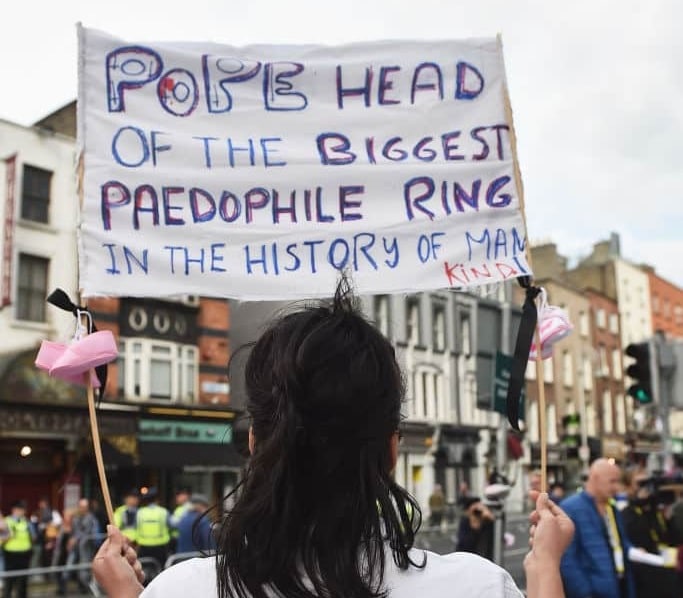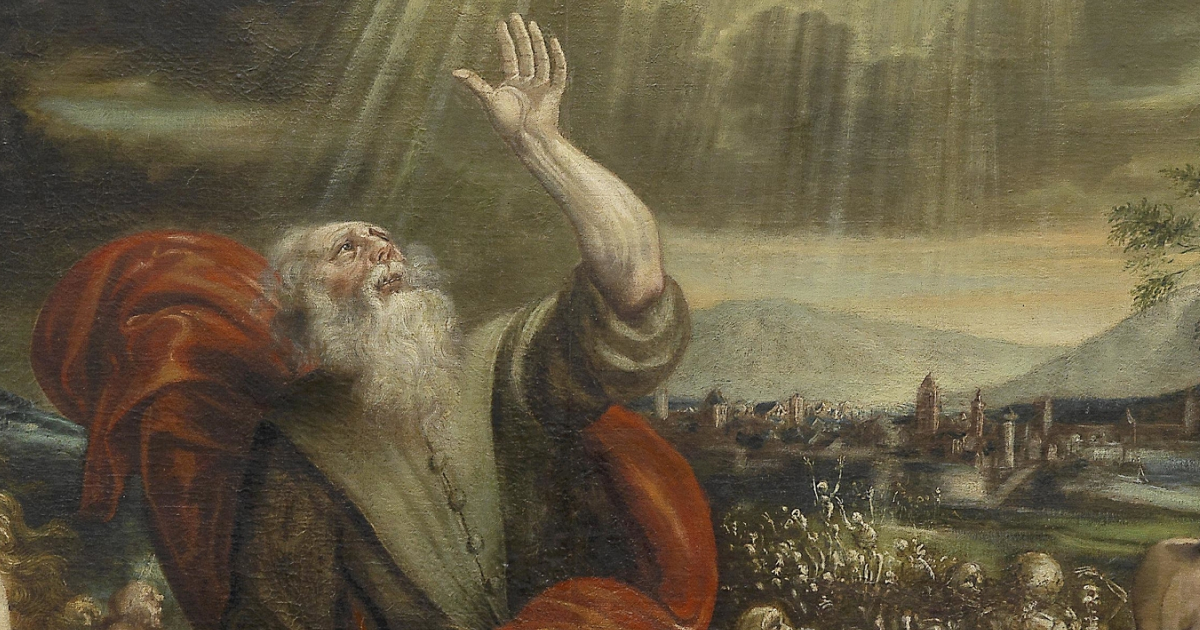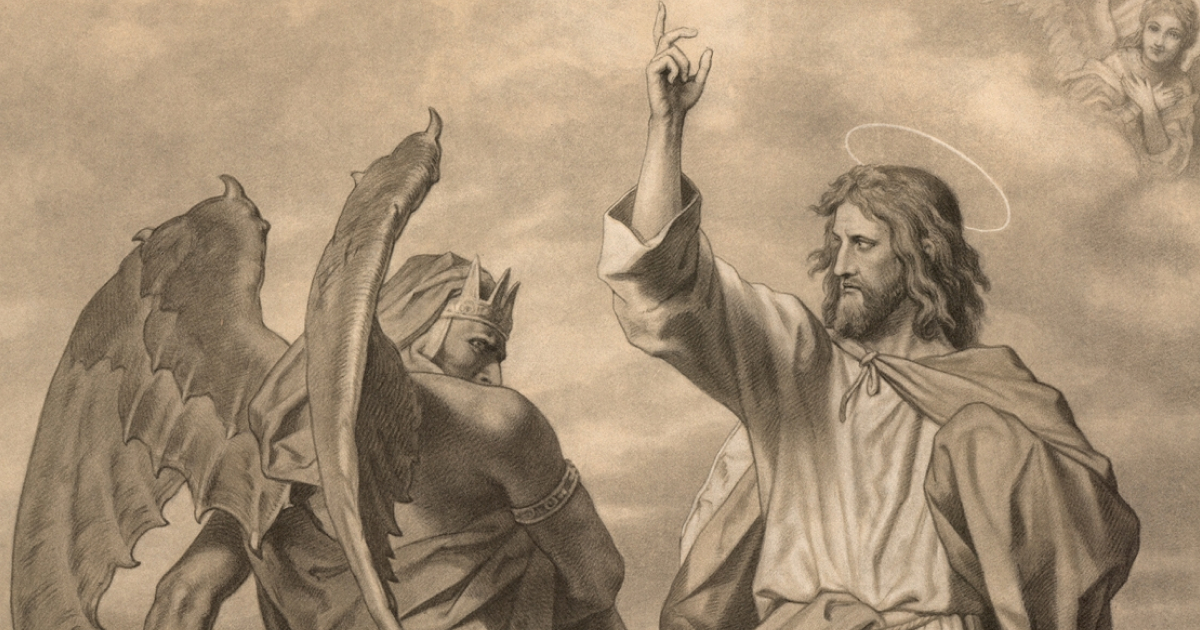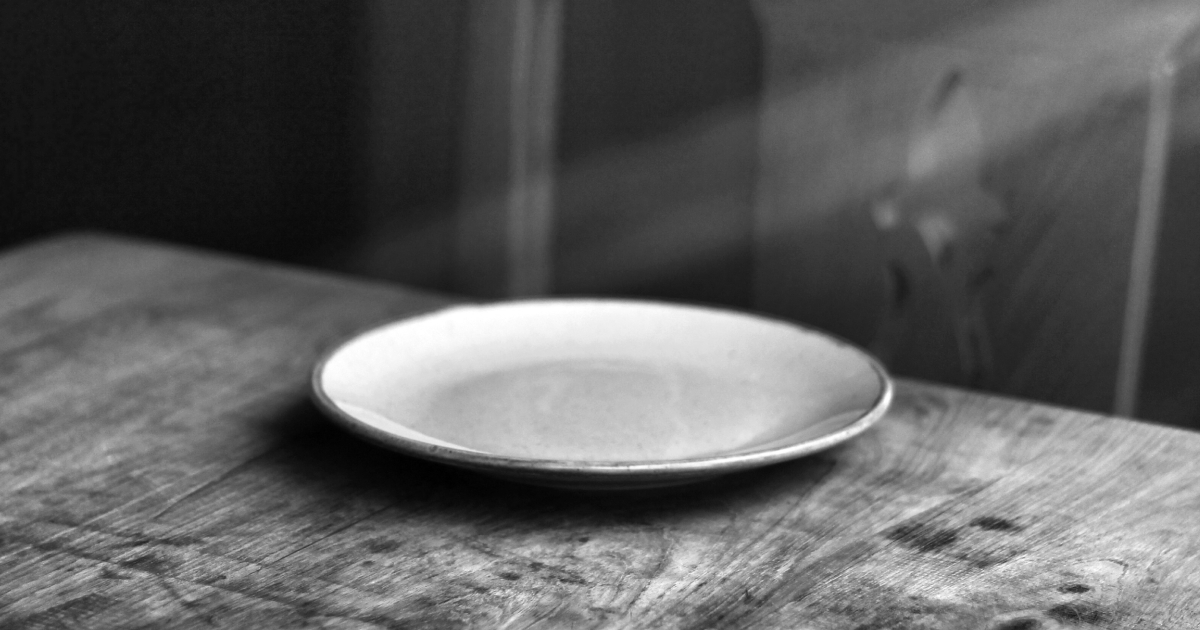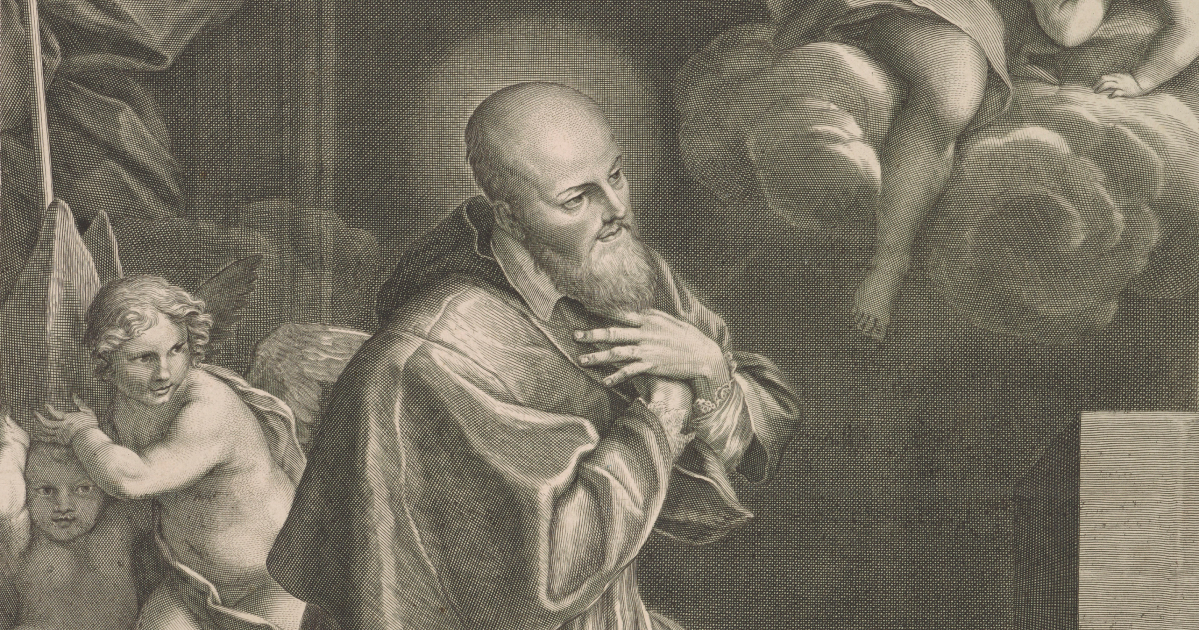A new poll reveals that the Irish public are deeply divided in their attitudes towards the Catholic Church, which includes viewing the Church more negatively than Christianity in general.
Among the findings of the poll commissioned by the Iona Institute – and which limits its polling to the Republic of Ireland, and so does not include the six counties of Northern Ireland – is that the public are very evenly divided in their attitudes towards priests and nuns with almost exactly a third in each case viewing them positively, a third negatively, with the rest remaining neutral.
“In a way it is not surprising that public attitudes towards the Catholic Church are so divided and that there is considerable negativity, especially in view of all the scandals which are still fresh in the public mind," said Breda O’Brien, a spokesperson for the Iona Institute.
“It’s interesting that older people, who are most familiar with priests and nuns are the least negative in their attitudes. Many young people never meet priests or nuns and their whole image is shaped by the scandals or by negative portrayals in the movies or in documentaries."
The poll, which was conducted by Amarach Research, also shows that the public have differing attitudes towards Christianity on the one hand and the Catholic Church on the other.
Half of respondents to the poll said they have a positive view of Christianity with a fifth of people saying they have a negative view, with the rest in between.
But only 27 per cent of people have a favourable view of the Catholic Church overall, with 40 per cent saying they have an unfavourable view.
This may reflect a more negative attitude towards the Catholic Church as an institution rather than with Catholicism itself, because 45 per cent agree that Catholic teachings are still of benefit to society, while 32 per cent disagreed with that contention.
One in four people say they would be happy if the Catholic Church vanished from Irish society completely, with 51 per cent disagreeing and the rest remaining neutral.
The poll also reveals that the public are overestimating the number of priests that are guilty of child abuse by around four to one.
Unsurprisingly, the poll shows significant differences by age – younger people are more likely to hold a negative view of the Church and older people a more positive one.
Also unsurprisingly, regular Mass-goers have by far the most positive view of the Church, while those who do not consider themselves Catholic at all have the most negative view. So-called "Cultural Catholics" – those who say they are Catholic but rarely attend Mass – are somewhere in between.
The poll finds that 22 per cent of respondents do not describe themselves as Catholic, which is roughly in line with the census in 2022. About 16 per cent of respondents say there are regular Mass-goers.
Among the other findings of note are that 61 per cent of respondents say they are "spiritual" or "religious" or both, with 31 per cent saying they are neither and 9 per cent being undecided.
The poll's questions are almost identical to those asked in 2011 and comparisons are included in the results, which are available on the Iona Institute website.
“It’s good to see that many people are less negative about the teachings of the Catholic Church than they are towards the institution," said O'Brien.
She noted that "the vast majority of priests and nuns do good work in their parishes or in the wider community, and hopefully over time those who view priests and religious negatively will come to a more rounded view, and this will eventually be reflected in dramas and documentaries as well".
She concluded: “We hear a lot from those who are most negative. Maybe it's time that those who are more positive find their voice and are given space to express themselves as well.”
Recently in Ireland there have been a number of well-publicised documentaries focusing on priests and nuns. As described in a previous Herald article, the common problem with such productions is that the viewer will "encounter half the story, with half-truths and half-lies, and subtle sub-currents of dismissal and disdain".
RELATED: ‘The Last Priests and Nuns in Ireland’ – a missed opportunity to move beyond the same old tropes
Photo: A protester holds up a sign in reference to the sex abuse scandal within the Catholic Church as Pope Francis visits Dublin, Ireland, 25 August 2018. (Photo by Charles McQuillan/Getty Images.)
A new poll reveals that the Irish public are deeply divided in their attitudes towards the Catholic Church, which includes viewing the Church more negatively than Christianity in general.
Among the <a href="https://ionainstitute.ie/wp-content/uploads/2025/05/Religion-and-Spirituality-in-Ireland-May-2025.pdf"><mark style="background-color:rgba(0, 0, 0, 0)" class="has-inline-color has-vivid-cyan-blue-color">findings of the poll</mark></a> commissioned by the Iona Institute – and which limits its polling to the Republic of Ireland, and so does not include the six counties of Northern Ireland – is that the public are very evenly divided in their attitudes towards priests and nuns with almost exactly a third in each case viewing them positively, a third negatively, with the rest remaining neutral.
“In a way it is not surprising that public attitudes towards the Catholic Church are so divided and that there is considerable negativity, especially in view of all the scandals which are still fresh in the public mind," said Breda O’Brien, a spokesperson for the Iona Institute.
“It’s interesting that older people, who are most familiar with priests and nuns are the least negative in their attitudes. Many young people never meet priests or nuns and their whole image is shaped by the scandals or by negative portrayals in the movies or in documentaries."
The poll, which was conducted by Amarach Research, also shows that the public have differing attitudes towards Christianity on the one hand and the Catholic Church on the other.
Half of respondents to the poll said they have a positive view of Christianity with a fifth of people saying they have a negative view, with the rest in between.
But only 27 per cent of people have a favourable view of the Catholic Church overall, with 40 per cent saying they have an unfavourable view.
This may reflect a more negative attitude towards the Catholic Church as an institution rather than with Catholicism itself, because 45 per cent agree that Catholic teachings are still of benefit to society, while 32 per cent disagreed with that contention.
One in four people say they would be happy if the Catholic Church vanished from Irish society completely, with 51 per cent disagreeing and the rest remaining neutral.
The poll also reveals that the public are overestimating the number of priests that are guilty of child abuse by around four to one.
Unsurprisingly, the poll shows significant differences by age – younger people are more likely to hold a negative view of the Church and older people a more positive one.
Also unsurprisingly, regular Mass-goers have by far the most positive view of the Church, while those who do not consider themselves Catholic at all have the most negative view. So-called "Cultural Catholics" – those who say they are Catholic but rarely attend Mass – are somewhere in between.
The poll finds that 22 per cent of respondents do not describe themselves as Catholic, which is roughly in line with the census in 2022. About 16 per cent of respondents say there are regular Mass-goers.
Among the other findings of note are that 61 per cent of respondents say they are "spiritual" or "religious" or both, with 31 per cent saying they are neither and 9 per cent being undecided.
The poll's questions are almost identical to those asked in 2011 and comparisons are included in the results, which are available on the Iona Institute website.
“It’s good to see that many people are less negative about the teachings of the Catholic Church than they are towards the institution," said O'Brien.
She noted that "the vast majority of priests and nuns do good work in their parishes or in the wider community, and hopefully over time those who view priests and religious negatively will come to a more rounded view, and this will eventually be reflected in dramas and documentaries as well".
She concluded: “We hear a lot from those who are most negative. Maybe it's time that those who are more positive find their voice and are given space to express themselves as well.”
Recently in Ireland there have been a number of well-publicised documentaries focusing on priests and nuns. As described in a previous <em>Herald </em>article, the common problem with such productions is that the viewer will "encounter half the story, with half-truths and half-lies, and subtle sub-currents of dismissal and disdain".
<a href="https://thecatholicherald.com/the-last-priests-and-nuns-in-ireland-a-missed-opportunity-to-move-beyond-the-same-old-tropes/"><strong><em><mark style="background-color:rgba(0, 0, 0, 0)" class="has-inline-color has-vivid-cyan-blue-color">RELATED: ‘The Last Priests and Nuns in Ireland’ – a missed opportunity to move beyond the same old tropes</mark></em></strong></a>
<em>Photo: A protester holds up a sign in reference to the sex abuse scandal within the Catholic Church as Pope Francis visits Dublin, Ireland, 25 August 2018. (Photo by Charles McQuillan/Getty Images.)</em>






